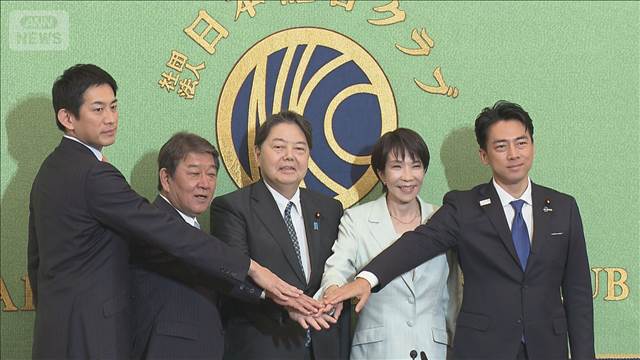Japanese political parties are gearing up for a crucial leadership election, with a notable 'temperature difference' perceived concerning the prospect of forming a coalition with the opposition. This reflects the varying degrees of enthusiasm or reluctance within the party hierarchy regarding this political maneuver. The development holds significant implications for Japan's political landscape and governmental resilience amidst pressing national and international challenges.
In Japan, the idea of forming a coalition with the opposition is often met with mixed reactions across party ranks. Japanese society values consensus and unity, but also recognizes the necessity of checks and balances in the political system. Thus, the concept of forming an alliance with the opposition can be both appealing for greater political balance and concerning for potential conflict within the coalition.
In comparison, coalition governments are common in many EU countries, while in the United States, two-party politics dominate the scene, making such collaborations rare. The effectiveness and stability of coalition governments often depend on the number of parties involved and the political cultural climate of the country.

